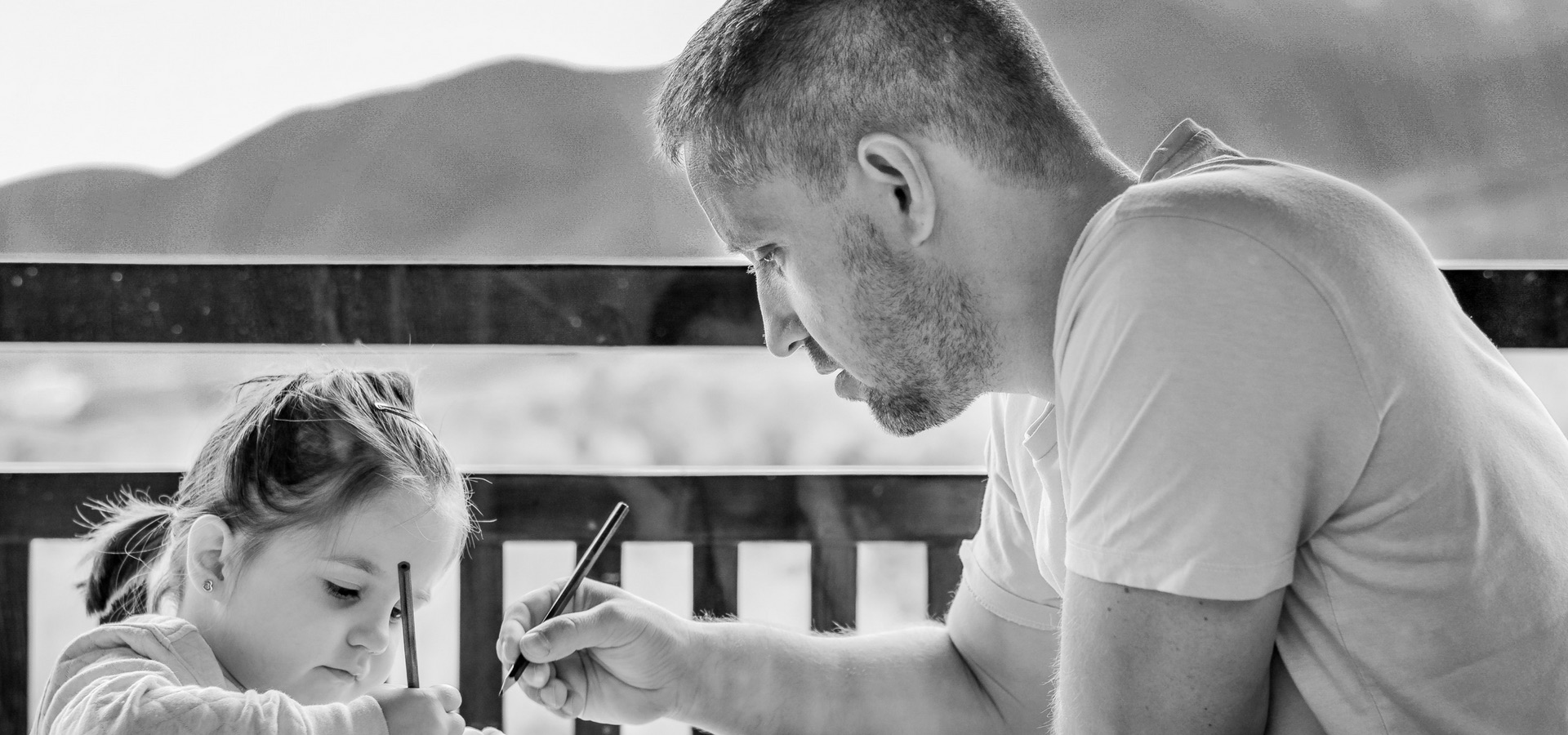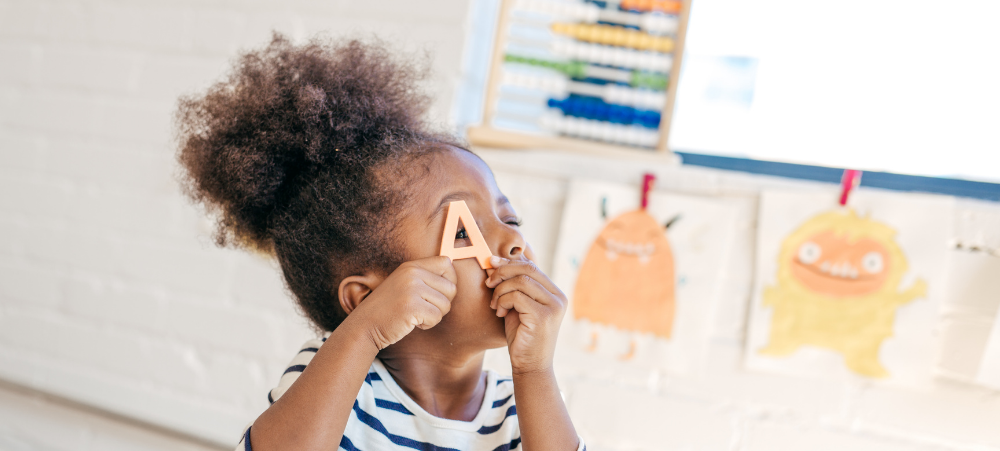Charming perceptions of motherhood in the magazines, Mothers comforting their babies, it seems so precious, suggesting that graceful feeling that we all long for so dearly. Yes, this could be true, but what wrecks us up most in life, is the picture in our head of what it’s supposed to be. We dismiss the belief that there is such a thing called reality. When I was pregnant with Jamie, I was offered all the advice a pregnant woman could ever ask for. I Read all the books, and the expectations of having this baby was sounding positively promising. However, it took me by surprise. The emotions came in fast and heavy, the idea that I would not be good enough; what if the baby didn’t love me? What If I didn’t know what do to make him comfortable? What about my life? My husband? My friends? With the pregnancy being unplanned, I was aware that having a baby would be my biggest life changing event yet. I was forced to grow up and prepare myself for the challenges of Motherhood. My Mother had revealed stories of Motherhood from her experiences, and prepared me for as much as she could. I was oblivious. Once he was born, the realization had set in – no one can prepare you for this journey. It is an experience in itself, Filled with love, happiness, sadness, and tough lessons. But nobody warned me. I wish I had taken it all in. So here it is. Fun and serious, personal lessons learnt from the progress of raising my son of 3 ½ years old. When you are pregnant, everyone will be kind and want to be a part of your life. Not all of them stay. You will lose friends, but the great news is you will also gain new ones. Moms befriend other moms very easily. You will cry when leaving the hospital and arriving (probably the entire drive) home with your new baby for the first time. If I knew why, I would divulge that information, but to this day, I cannot give reasons as to why I broke down in an ugly cry. (Hormones got the better of me, OKAY?) Breastfeeding is draining, and there will be many times you will feel like sending up the white flag. If you don’t have to, don’t. I wish I didn’t have to give up. But if you do, IT IS OKAY. Moms, don’t forget to be a wife. Dads, don’t forget to be a husband. This is important Make time for yourself. Take up the offer from ‘Aunty’ or ‘Granny’ to babysit. Have that nap. Sleep does wonders for the soul. Introduce routines from the start. It is heaven sent (well, once you have perfected it, and yes, I’m still getting there) Put the kids in their own beds every night, or you will regret it. (I am still struggling to get Jamie to sleep in his own bed) Boys will try and pee on you almost each time you attempt a nappy change. Get your armor or hold the nappy closed until you have everything ready. There will be more than one form of projectile, and you won’t care if it’s all over you. They will become extremely irritable and start drooling the river of Egypt, you will get excited at the realization that your baby is teething and start making pancakes. But this does not mean he/ she has teeth, yet, it could take a couple of months to push through and this may cause them to be ill. In my case, 7 months and a ton of high fevers for the first one to appear. They will become ill, and there will be copious amounts of TLC needed in this time. They will start blowing bubbles with their food, and soon, feeding your baby is like utilizing a blender without the lid. They will want to pull themselves up on every piece of furniture, becoming fearless, making you realize there are nerves you didn’t know existed. But to some extent, learn to trust them. This is also the chapter that most people avoid offering to baby sit. You might also lose some lingering baby weight. Yay! Your house will never (ever) look the same again. Bye-bye OCD! They will start listening and repeating everything you say, and you will learn to speak another language. Silence is golden, unless you have kids, then it’s just suspicious. You will finish watching the Disney Pixar Movie after they have fallen asleep, even though you have seen it for the 6th time that day. Terrible twos have got nothing on Cheeky threes! You should never come between a 3 year old and his Smarties. If your child says old mac Donald has a Lion-spider on his farm, then old mac Donald has a Lion-spider on his farm. Okay? They will make use of reverse psychology. Be .very .careful You will learn strengths you never knew you had. (For example, running faster than the speed of light, or incredible reflexes by saving a vase from breaking from the other side of the room) You will know when it is the right time to grow your family. Don’t rush. Spend time with your child and make it count. When making the decision to expand as a family, make sure your 1st child is just as ready as you are. I’m glad I did. Take it all in, every minute of it. Watch them grow, Hear instead of Listen, Guide instead of show, laugh with them, allow them to mess, don’t be afraid, join in on the fun, encourage their imagination and enjoy the adventures of their magical little world, always kiss them goodnight, and tuck them in tight. MOST importantly, remember, it is an everlasting love, whole heartedly, they will love you unconditionally and you will always be their favourite person, someone that they will forever depend on. Even on those days you will feel you have failed as a Mother.


































